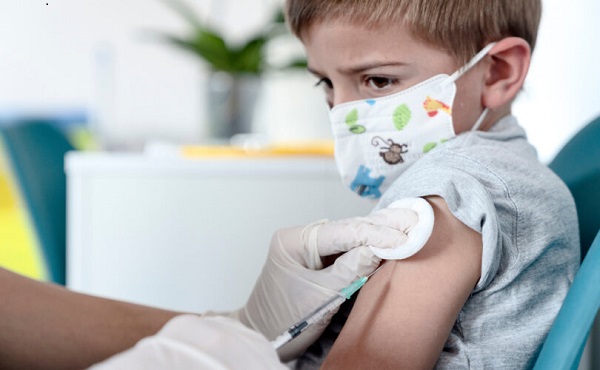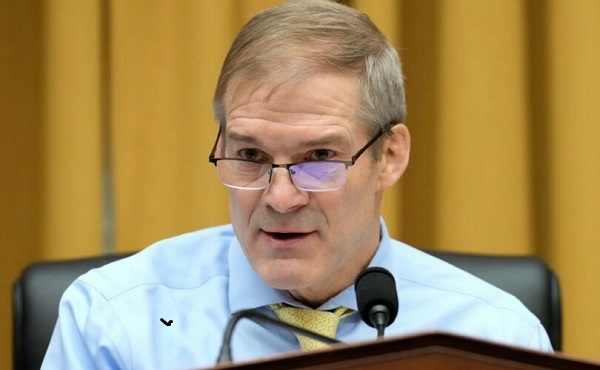Alberta
RDC will prepare students for work in exploding world of content creation with new university degree

RDC has been given approval to launch a new four-year degree, Bachelor of Applied Arts in Film, Theatre, and Live Entertainment, starting in September 2019.
“All Albertans deserve to have access to a high-quality education that helps them get good jobs in our diversifying economy. By creating this unique and interdisciplinary applied degree program focusing on film, theatre and production, Red Deer College is providing students with exciting and creative learning opportunities and preparing them for successful careers in the arts,” says Marlin Schmidt, Minister of Advanced Education
RDC President & CEO Joel Ward shared the impact that this announcement will have on the College and its learners. “Students will be able to complete all four years of this degree at RDC. We are proud to be the only public post-secondary institution in Alberta to offer a fully integrated film, theatre, and live entertainment degree,” he says.
The new degree will provide students opportunities to develop foundational skills in communication, storytelling, directing and business skills.
This degree will offer learners the choice of three majors: Acting, Film Production, or Live Entertainment Production.
“The curriculum builds upon current artistic learning outcomes and activities already taught in the RDC School of Creative Arts, and develops our learners’ technical, conceptual and creative foundation, producing graduates who are industry relevant and industry ready,” says Jason Frizzell, Dean of RDC’s School of Creative Arts. “Students will be able to study in several areas of interest through required courses and a blend of electives.”
Frizzell and the RDC team of faculty and staff are continuing to address the demand for industry focused training in the School of Creative Arts. “This program will allow students to collaborate with program peers and industry experts, and will be taught by professionally practicing artists,” he says. “In the fourth year, learners will gain valuable practical experience through directed work-study and independent projects which will help prepare them for a range of exciting employment opportunities.”
The application process for RDC’s new Bachelor of Applied Arts in Film, Theatre, and Live Entertainment will open up to prospective students October 1, 2018.
“This is an exciting day for Red Deer College, and another step growing our programming with an additional four-year degree that we fully offer, as we continue the journey to becoming a comprehensive regional teaching university,” says Ward.
Alberta
Alberta mother accuses health agency of trying to vaccinate son against her wishes

From LifeSiteNews
Alberta Health Services has been accused of attempting to vaccinate a child in school against his parent’s wishes.
On November 6, Alberta Health Services staffers visited Edmonton Hardisty School where they reportedly attempted to vaccinate a grade 6 student despite his parents signing a form stating that they did not wish for him to receive the vaccines.
“It is clear they do not prioritize parental rights, and in not doing so, they traumatize students,” the boy’s mother Kerri Findling told the Counter Signal.
During the school visit, AHS planned to vaccinate sixth graders with the HPV and hepatitis B vaccines. Notably, both HPV and hepatitis B are vaccines given to prevent diseases normally transmitted sexually.
Among the chief concerns about the HPV vaccine has been the high number of adverse reactions reported after taking it, including a case where a 16 year-old Australian girl was made infertile due to the vaccine.
Additionally, in 2008, the U.S. Food and Drug Administration received reports of 28 deaths associated with the HPV vaccine. Among the 6,723 adverse reactions reported that year, 142 were deemed life-threatening and 1,061 were considered serious.
Children whose parents had written “refused” on their forms were supposed to return to the classroom when the rest of the class was called into the vaccination area.
However, in this case, Findling alleged that AHS staffers told her son to proceed to the vaccination area, despite seeing that she had written “refused” on his form.
When the boy asked if he could return to the classroom, as he was certain his parents did not intend for him to receive the shots, the staff reportedly said “no.” However, he chose to return to the classroom anyway.
Shortly after, he was called into the office and taken back to the vaccination area. Findling said that her son then left the school building and braved the sub-zero temperatures to call his parents.
Following his parents’ arrival at the school, AHS claimed the incident was a misunderstanding due to a “new hire,” attesting that the mistake would have been caught before their son was vaccinated.
“If a student leaves the vaccination center without receiving the vaccine, it should be up to the parents to get the vaccine at a different time, if they so desire, not the school to enforce vaccination on behalf of AHS,” Findling declared.
Findling’s story comes just a few months after Alberta Premier Danielle Smith promised a new Bill of Rights affirming “God-given” parental authority over children.
A draft version of a forthcoming Alberta Bill of Rights provided to LifeSiteNews includes a provision beefing up parental rights, declaring the “freedom of parents to make informed decisions concerning the health, education, welfare and upbringing of their children.”
Alberta
Alberta’s fiscal update projects budget surplus, but fiscal fortunes could quickly turn

From the Fraser Institute
By Tegan Hill
According to the recent mid-year update tabled Thursday, the Smith government projects a $4.6 billion surplus in 2024/25, up from the $2.9 billion surplus projected just a few months ago. Despite the good news, Premier Smith must reduce spending to avoid budget deficits.
The fiscal update projects resource revenue of $20.3 billion in 2024/25. Today’s relatively high—but very volatile—resource revenue (including oil and gas royalties) is helping finance today’s spending and maintain a balanced budget. But it will not last forever.
For perspective, in just the last decade the Alberta government’s annual resource revenue has been as low as $2.8 billion (2015/16) and as high as $25.2 billion (2022/23).
And while the resource revenue rollercoaster is currently in Alberta’s favor, Finance Minister Nate Horner acknowledges that “risks are on the rise” as oil prices have dropped considerably and forecasters are projecting downward pressure on prices—all of which impacts resource revenue.
In fact, the government’s own estimates show a $1 change in oil prices results in an estimated $630 million revenue swing. So while the Smith government plans to maintain a surplus in 2024/25, a small change in oil prices could quickly plunge Alberta back into deficit. Premier Smith has warned that her government may fall into a budget deficit this fiscal year.
This should come as no surprise. Alberta’s been on the resource revenue rollercoaster for decades. Successive governments have increased spending during the good times of high resource revenue, but failed to rein in spending when resource revenues fell.
Previous research has shown that, in Alberta, a $1 increase in resource revenue is associated with an estimated 56-cent increase in program spending the following fiscal year (on a per-person, inflation-adjusted basis). However, a decline in resource revenue is not similarly associated with a reduction in program spending. This pattern has led to historically high levels of government spending—and budget deficits—even in more recent years.
Consider this: If this fiscal year the Smith government received an average level of resource revenue (based on levels over the last 10 years), it would receive approximately $13,000 per Albertan. Yet the government plans to spend nearly $15,000 per Albertan this fiscal year (after adjusting for inflation). That’s a huge gap of roughly $2,000—and it means the government is continuing to take big risks with the provincial budget.
Of course, if the government falls back into deficit there are implications for everyday Albertans.
When the government runs a deficit, it accumulates debt, which Albertans must pay to service. In 2024/25, the government’s debt interest payments will cost each Albertan nearly $650. That’s largely because, despite running surpluses over the last few years, Albertans are still paying for debt accumulated during the most recent string of deficits from 2008/09 to 2020/21 (excluding 2014/15), which only ended when the government enjoyed an unexpected windfall in resource revenue in 2021/22.
According to Thursday’s mid-year fiscal update, Alberta’s finances continue to be at risk. To avoid deficits, the Smith government should meaningfully reduce spending so that it’s aligned with more reliable, stable levels of revenue.
Author:
-

 Business2 days ago
Business2 days agoCBC’s business model is trapped in a very dark place
-

 Censorship Industrial Complex2 days ago
Censorship Industrial Complex2 days agoCongressional investigation into authors of ‘Disinformation Dozen’ intensifies
-

 Alberta2 days ago
Alberta2 days agoAlberta government announces review of Trudeau’s euthanasia regime
-

 Alberta1 day ago
Alberta1 day agoAlberta fiscal update: second quarter is outstanding, challenges ahead
-

 Business1 day ago
Business1 day agoTrump’s government efficiency department plans to cut $500 Billion in unauthorized expenditures, including funding for Planned Parenthood
-

 Brownstone Institute17 hours ago
Brownstone Institute17 hours agoFirst Amendment Blues
-

 Crime1 day ago
Crime1 day agoMexican cartels are a direct threat to Canada’s public safety, and the future of North American trade
-

 Bruce Dowbiggin2 days ago
Bruce Dowbiggin2 days agoThe Pathetic, Predictable Demise of Echo Journalism






